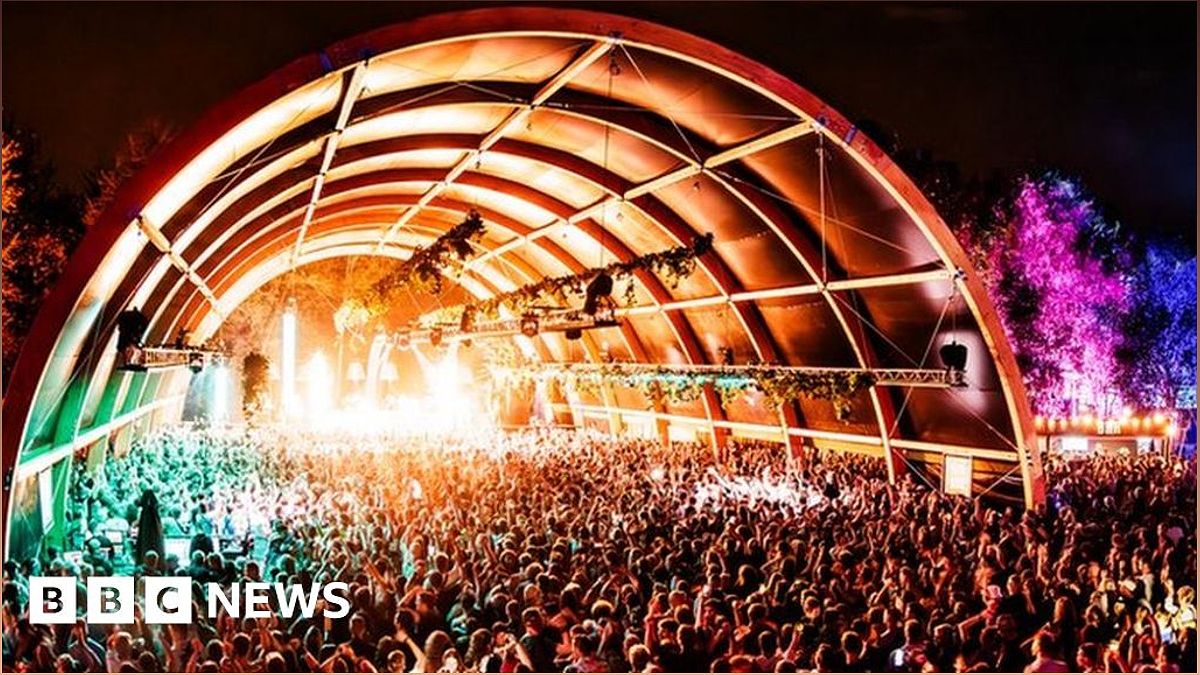Explore how festivals are making efforts to reduce their carbon footprint and embrace greener practices, and why sustainability has become a key focus for both organizers and attendees.
The Growing Push for Green Festivals
Festivals have long been a beloved form of entertainment for people of all ages. From music and arts to food and culture, festivals offer a unique experience that many would choose over a traditional holiday. However, as concerns about the environment and sustainability continue to grow, the festival industry is facing pressure to reduce its carbon footprint and embrace greener practices. In this article, we will explore how festivals are making efforts to improve their environmental impact and why sustainability has become a key focus for both organizers and attendees.
The Environmental Impact of Festivals
Running a festival requires a significant amount of electricity, often sourced from generators that run on fossil fuels. This not only contributes to carbon dioxide emissions but also poses challenges for festivals held in remote areas without access to the national grid. Additionally, transportation to and from the event, as well as the transportation of goods, adds to the overall emissions.
Steps Towards Sustainability
Recognizing the need for change, festivals are increasingly investing in greener energy options. For instance, Glastonbury Festival installed a wind turbine, along with solar panels and a battery, to power selected market stalls. Other festivals are also turning to solar power and battery storage to reduce their reliance on fossil fuels. Shambala festival in the UK has adopted a range of eco-measures, including serving only vegan and vegetarian food and switching to sustainable power sources like hydrogenated vegetable oil and solar energy.
Mysteryland, a popular electronic music festival in the Netherlands, has made significant progress in becoming less reliant on fossil fuels. By generating 80% of its power from nearby solar panels, the festival has greatly reduced its environmental impact. However, connecting festivals to the national grid can be a challenge due to power capacity limitations in some areas.
The Business Case for Sustainability
Beyond the environmental benefits, there is a growing business case for festivals to prioritize sustainability. Audiences now expect festivals to take action and be more sustainable. While the primary drivers of ticket sales remain the lineup and where friends are going, the demand for sustainability is increasing. By investing in sustainable practices, festivals can attract more environmentally conscious attendees and align with the changing values of their audience.
The Roadmap to a Greener Future
To guide the festival industry towards sustainability, the European Green roadmap was created by A Greener Future and the European Festival Association (Yourope). This roadmap emphasizes the need to phase out energy generation from non-renewable, fossil fuel sources. It also highlights the importance of reducing transport emissions and working with transport providers to promote greener travel options.
The Challenge of Greenwashing
While progress is being made, it is crucial for festival organizers to be cautious about their green claims. With increased regulatory scrutiny, misleading or exaggerated sustainability claims, known as greenwashing, can lead to reputational damage. Festival organizers must ensure that their sustainability efforts are genuine and transparent.
Conclusion
As the world becomes more conscious of the environmental impact of human activities, festivals are taking steps to reduce their carbon footprint and embrace sustainable practices. From investing in greener energy options to promoting eco-friendly transportation, festivals are aligning with the values of their audience and contributing to a greener future. By prioritizing sustainability, festivals can continue to provide unforgettable experiences while minimizing their impact on the planet.


